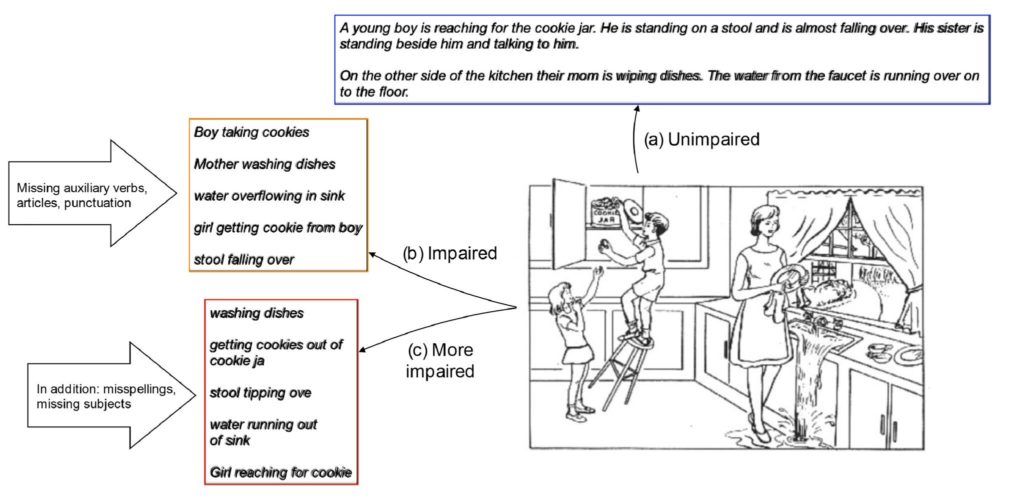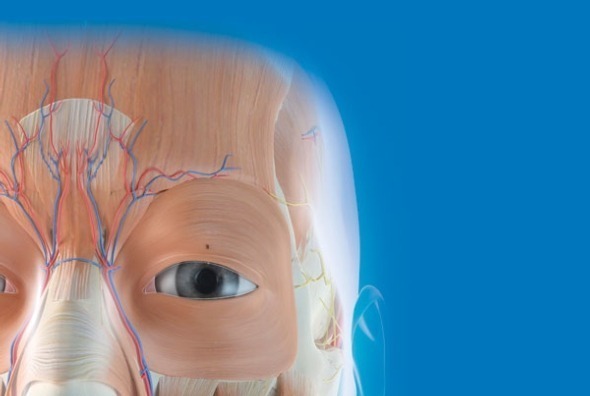Posts Tagged ‘cognitively’
Study: Artificial intelligence program identifies linguistic markers that predict, with 70% accuracy, who gets Alzheimer’s Disease years later
Alzheimer’s Prediction May Be Found in Writing Tests (The New York Times): … the researchers looked at a group of 80 men and women in their 80s — half had Alzheimer’s and the others did not. But, seven and a half years earlier, all had been cognitively normal.
Read MoreAnticholinergic drugs found to significantly increase risk of cognitive decline, especially among those with Alzheimer’s Disease biomarkers or genetic predisposition
Common Class of Drugs Linked to Increased Risk of Alzheimer’s Disease (UC San Diego release): A team of scientists, led by researchers at University of California San Diego School of Medicine, report that a class of drugs used for a broad array of conditions, from allergies and colds to hypertension and urinary incontinence, may be…
Read MoreNext: Smell tests to help detect brain injury and neurodegenerative ailments
Smell Tests Could One Day Reveal Head Trauma and Neurodegenerative Disease (Scientific American): “Name that smell—if you can’t, it could be an indicator of a problem somewhere in your brain. New research suggests that scratch-and-sniff smell tests could become
Read MoreStudy: Contrasting Brain Growth in Baby Humans and Baby Chimpanzees
Charting Brain Growth in Humans and Chimps (New York Times): — “Although baby humans and baby chimpanzees both start out with undeveloped forebrains, a new study reports that the human brain increases in volume much more rapidly early on.” — “The growth is in a region of the brain known as the prefrontal cortex and is part…
Read MoreHourglass: Biology of Aging blog carnival
Welcome to the 8th edition of Hourglass, the blog carnival devoted to biogerontology. Enjoy! — Use It or Lose It Existence is Wonderful, by Anne C. Neither A Transhumanist Nor a “Pessimist”, And That’s Okay “I can’t survive cognitively in environments that force everything into false dichotomies, and nobody should feel hurt, slighted, or bitter because of my…
Read More



